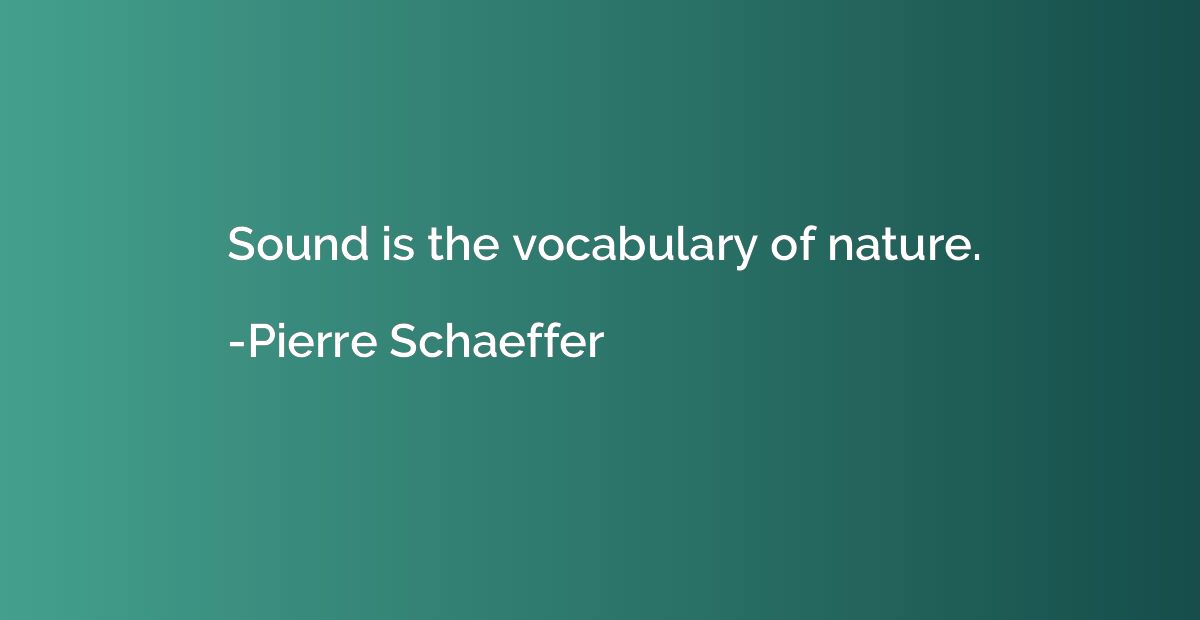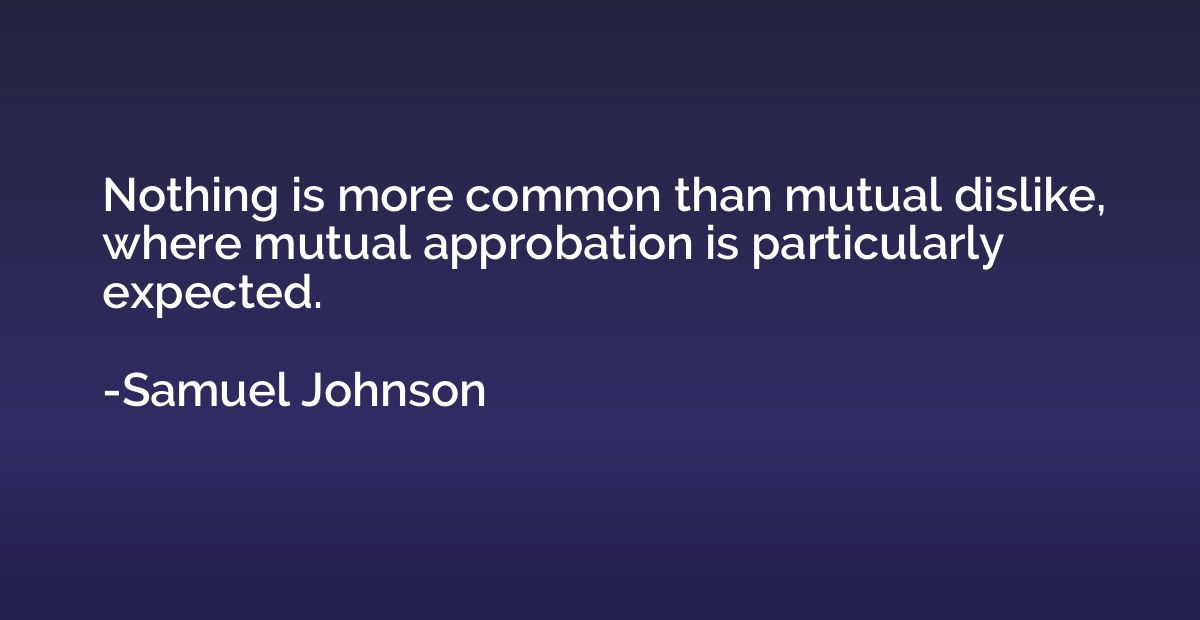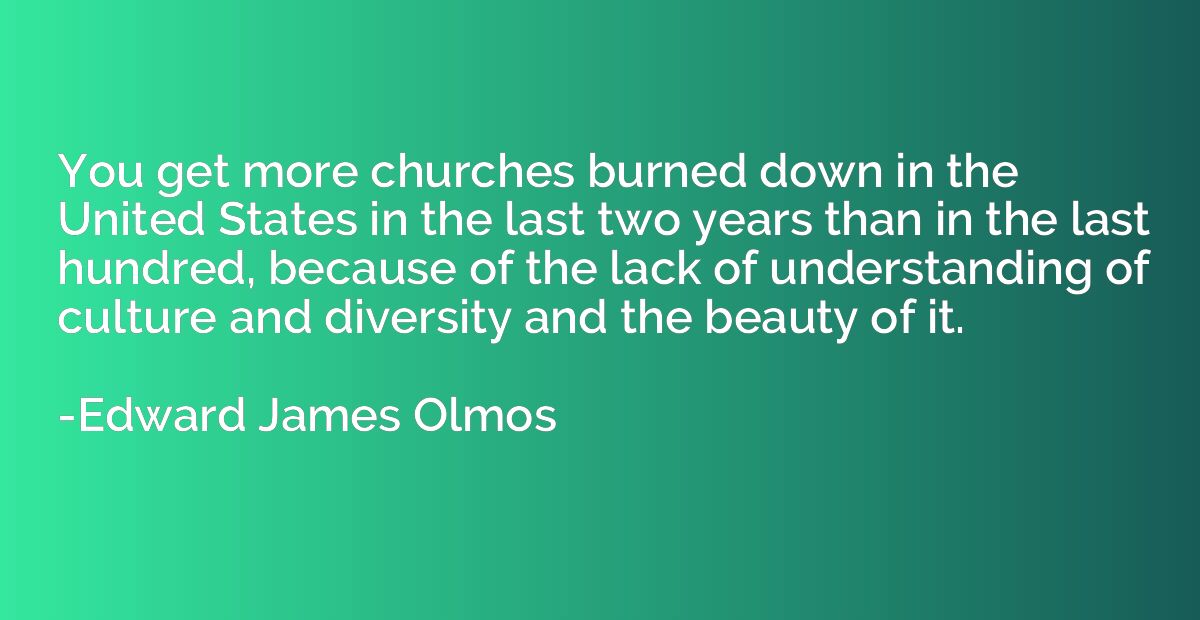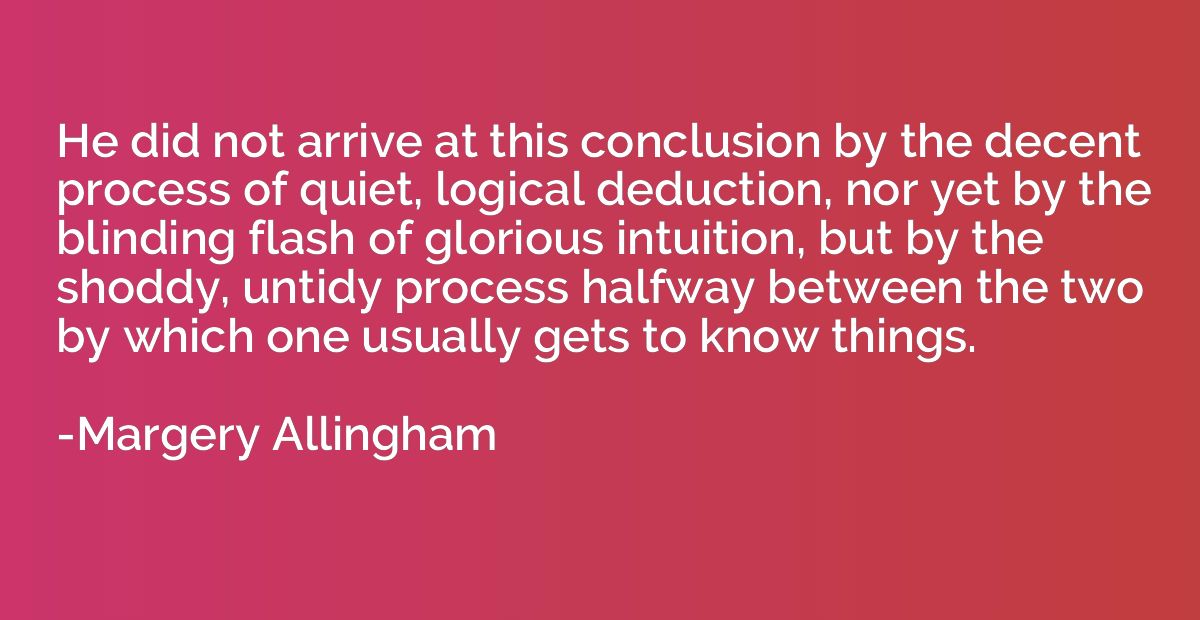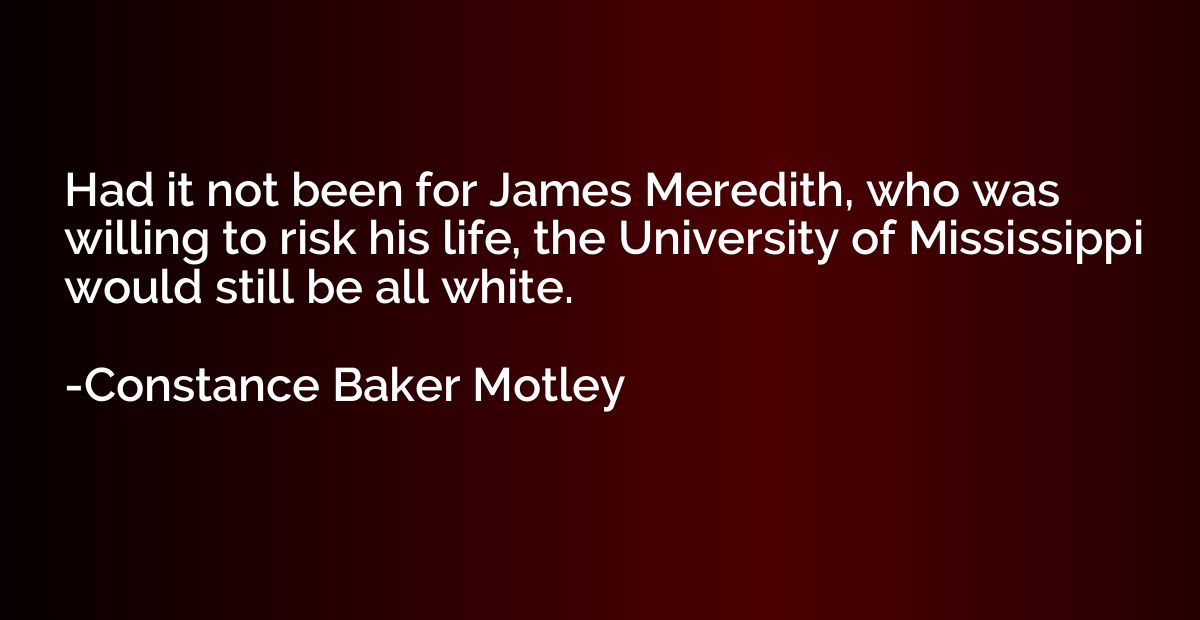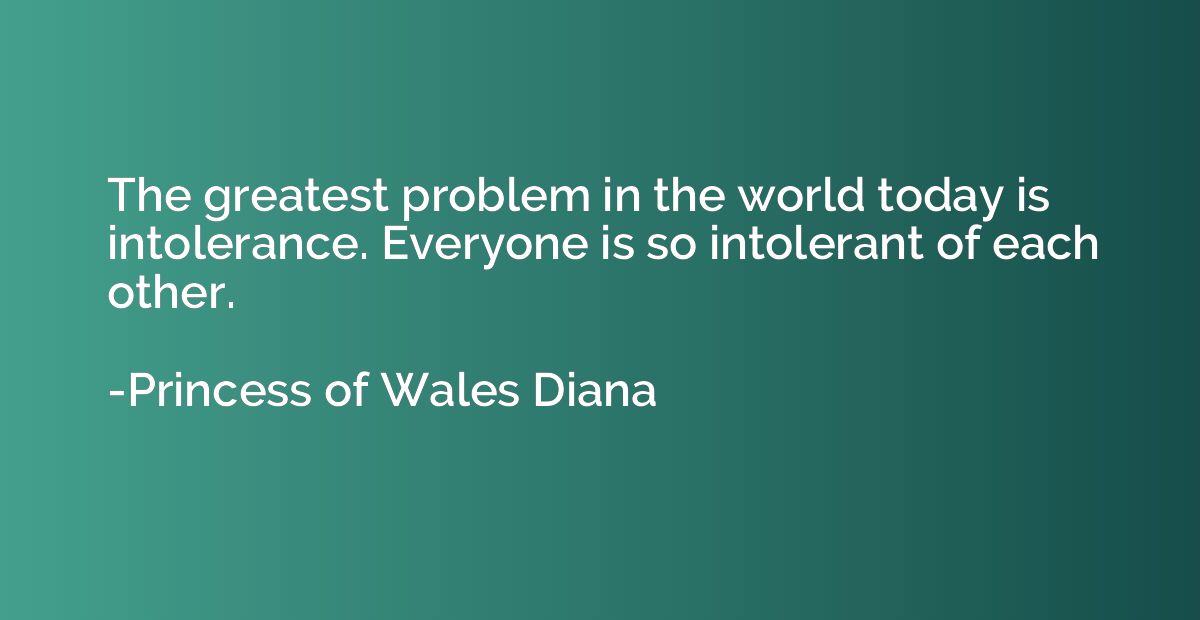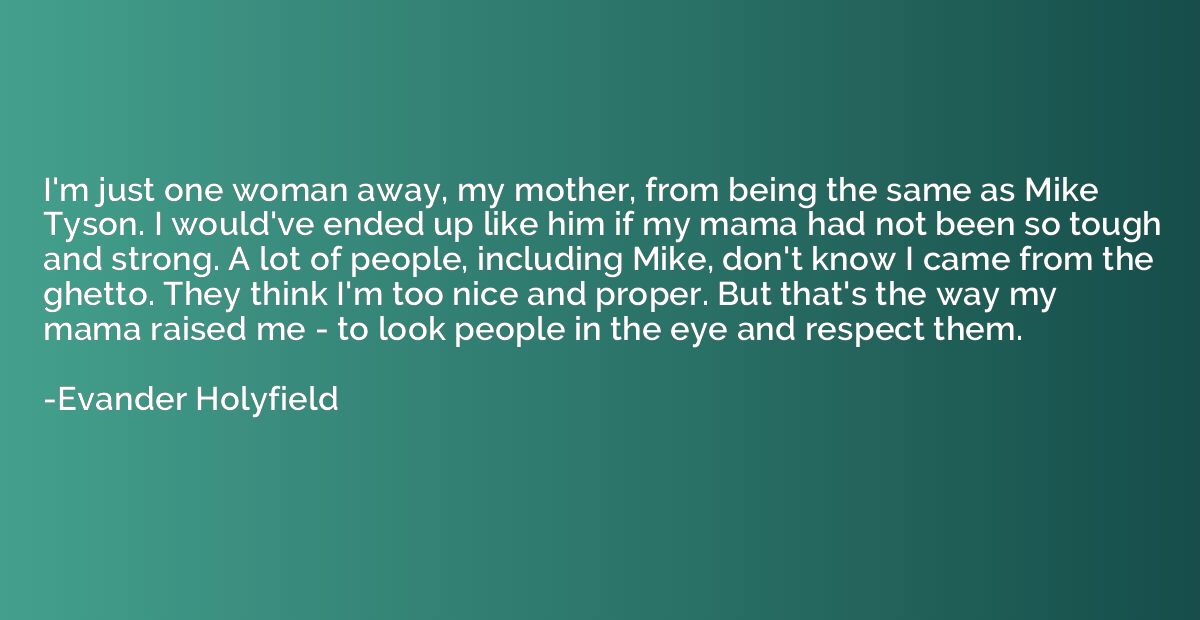Quote by John Fiske
We now witness the constructive work on a foundation that will endure through the ages. That foundation is the god of science - revealed to us in terms that will harmonize with our intelligence.
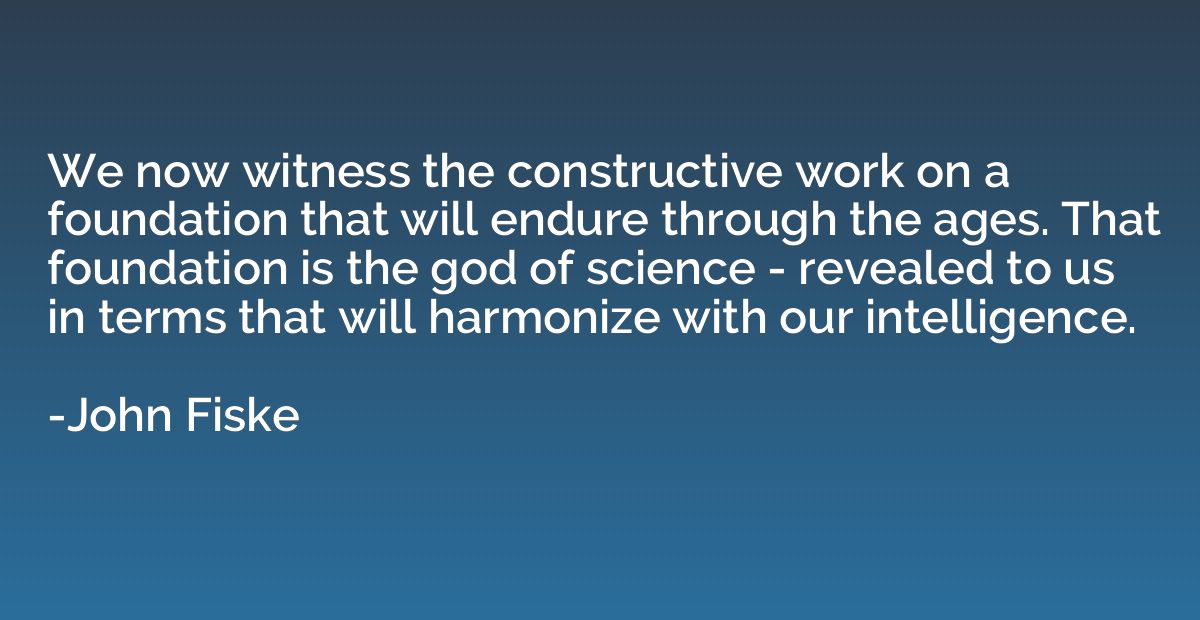
Summary
This quote suggests that the foundation for progress and lasting impact in society lies in the realm of science. It implies that through the study and understanding of scientific principles, humanity can achieve advancements that will stand the test of time. The quote also alludes to the idea that science is a divine entity that has been unveiled to humanity in a manner that aligns with our rationality and comprehension. In essence, science is seen as a guiding force that empowers us to cultivate lasting positive change.
Topics
Intelligence
By John Fiske



